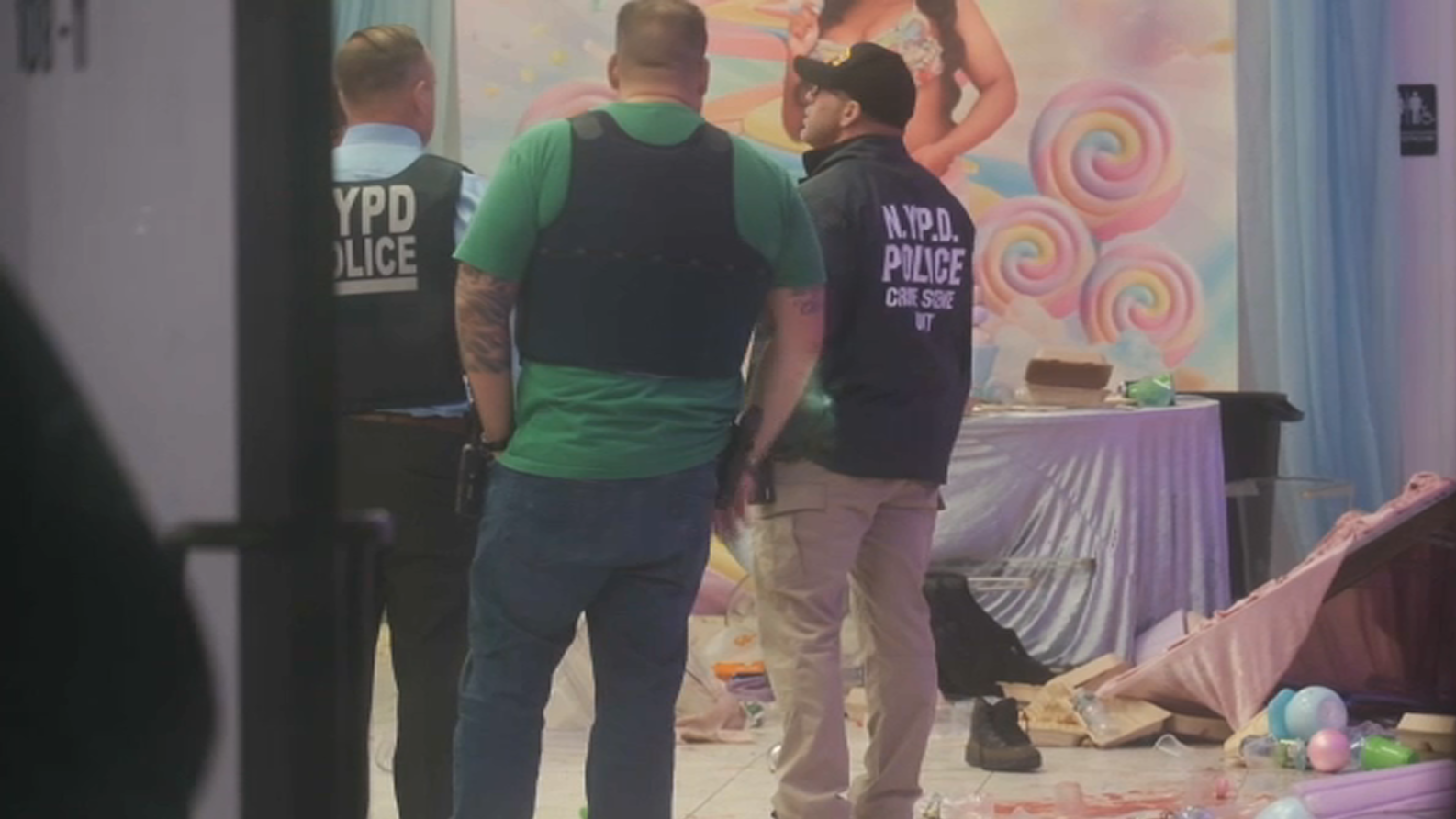A worker at a Rockland County plant has been diagnosed with Legionnaires' disease, the first recent case in the area reported outside the New York City cluster that has sickened more than 100 people and left 10 dead.
An employee of Chromalloy Gas Tribune Corporation in Orangeburg has been diagnosed with the severe, sometimes lethal, form of pneumonia spread through the air, according to a spokeswoman for the gas turbine engine manufacturer.
It's not clear if the employee was exposed to the Legionella bacteria at that facility but as a precauation, the facility's manager sent home all the employees early Friday, the spokeswoman said. The work areas around the cooling towers have been quarantined, and a consultant was to inject biocide into the cooling towers in the evening to destroy any potential bacteria.
The Rockland County Health Department also visited the plant Friday afternoon and will conduct further tests Monday.
"Chromalloy is committed first and foremost to the health and safety of our employees and a safe work environment, and the communities in which we operate," a statement from the company said.
The diagnosis comes as New York City officials announced Friday one more case linked to the outbreak clustered in the Bronx, bringing the total to 101 patients reported since July 10 -- an increase of 55 cases since health officials first discussed the outbreak. Ten people have died.
It is the largest outbreak ever in the city that officials are aware of, Health Commissioner Mary Bassett said earlier this week.
Local
Also Friday, a 36-year-old Bronx father hospitalized with Legionnaires' filed a notice of claim against the city, the first step in a lawsuit, his attorney said.
At a news briefing at Gov. Cuomo's Manhattan office Friday, representatives from the Centers for Disease Control and Prevention, whom the governor had asked to come assist with the New York City outbreak, credited the city's response to the outbreak and called it "proactive." The agency said Legionnaires' is an underreported disease nationwide; it's hard to diagnose and even more difficult to trace.
Legionnaires' disease is caused by exposure to the bacteria Legionella; in most cases, people are exposed to the bacteria by inhaling contaminated aerosols from cooling towers, hot tubs, showers and faucets or drinking water.
Bassett issued an emergency executive order Thursday requiring all owners of cooling towers to disinfect their towers within 14 days. The order applies to all people who manage or control water recirculating cooling towers in New York City, not just in the Bronx. According to the order, these individuals must clean their towers if they have not been disinfected in the last 30 days; they must also hire environmental consultants. Failure to comply is a misdemeanor.
Cuomo said the state has been providing all of the testing for the city thus far and would extend its offer of free testing to all private building owners in the Bronx and across the state. He also said state teams, in cooperation with CDC and city health officials, would head to the Bronx beginning Saturday to start testing all cooling towers near the once-contaminated towers.
Legionnaires' disease usually sets in two to 10 days after exposure to the bacteria and has symptoms similar to pneumonia, including shortness of breath, high fever, chills and chest pains. People with Legionnaires' also experience appetite loss, confusion, fatigue and muscle aches.
It cannot be spread person-to-person and those at highest risk for contracting the illness include the elderly, cigarette smokers, people with chronic lung or immune system disease and those receiving immunosuppressive drugs. Most cases can be treated successfully with antibiotics.
The CDC said outbreaks like the current one in the Bronx serve as a way to educate the public, and, in line with the city and state's new regulatory initiatives, said the conversation should turn now to teaching business owners how to maintain their towers and best test for bacteria.
According to Cuomo, the state sees about 539 cases per year on average. He said Friday state teams would be assessing the Bronx outbreak to determine if it should necessitate policy change.



